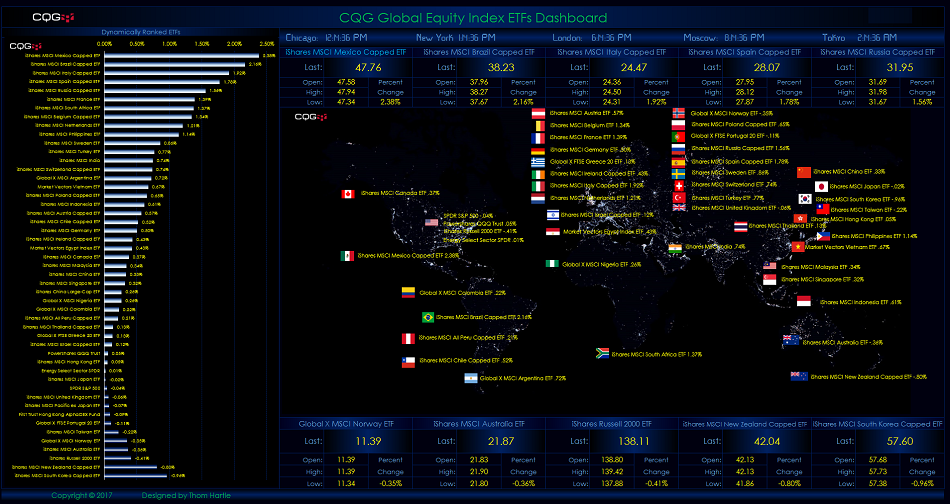
Exchange-traded funds (ETFs) are funds that are listed and traded on stock exchanges. An ETF is a basket of assets that consists of bonds, stocks, commodities. ETFs mirror an underlying index such as Sensex, Nifty, etc.
Read on to know more about ETFs:
Exchange-traded funds offer two main advantages- the benefit of diversification and trading flexibility. ETFs are very similar to mutual funds and stocks. However, there are a few differences that set ETFs apart from stocks and mutual funds.
ETF vs Mutual Funds
Mutual funds and ETFs allow investors to diversify their portfolio. However, traditional open-ended mutual fund shares can only be traded once in a day after the markets close. But ETF units can be traded on a real-time basis during the day.
Furthermore, mutual funds and ETFs have different management structures. The management structure for mutual funds is active. Whereas, the structure for ETFs is passive. However, there are ETFs that have an active management structure.
ETF vs Stocks
Shares of ownerships issued by companies are known as stocks. Stocks are also called equities. A stock’s value will change based on the economy, the company, the company’s financial performance, etc. Whereas exchange-traded funds are a type of pooled investment.
Read More: How to deal with the stock marketing?
When an investor purchases a stock of a company, he/she is investing in a single company. The investor makes money when that company performs well. However, if that company’s stock price goes down, then the investor stands to lose money.
When an investor buys exchange-traded funds, he/she is investing in a basket of funds. This basket can consist of stocks, bonds, etc. Therefore, ETFs provide the diversification benefit to the investors. Also, ETFs are a safer option compared to individual stocks.
Advantages of Exchange-Traded Funds
- Diversification
An ETF lets the investor diversify across market verticals as it consists of commodities, bonds, etc. It can also provide the investor with exposure to specific industries, sectors, etc.
Read More: Understand the Working of Same Day Money Transfer to India
Buying stocks from various sectors require a lot of money and market knowledge. However, by investing in ETFs, an investor can easily diversify his/her portfolio.
- Lower Costs
ETFs have lower expenses because they are passively managed. In other types of funds, the fund manager must adjust the portfolio continuously. However, this is not the case with ETFs. The fund manager only needs to track the underlying index. The portfolio is adjusted only if there are any changes made to the underlying index.
- Transparency
A conventional mutual fund’s holdings are disclosed quarterly or monthly to the public. However, that happens every day in the case of exchange-traded funds. Furthermore, an investor can easily search any ETF’s price activity on the Internet.
- A Low-Risk Investment Option Compared to Direct Equity
Exchange-traded funds consist of various securities. Therefore, the level of risk is lower compared to individual stocks. Furthermore, an individual can invest in quality stocks by investing in ETFs that track indices like Sensex and Nifty.
In conclusion, exchange-traded funds are a great option for investors who want to diversify their portfolio. However, investors need to understand the basics of ETFs before investing in them.



